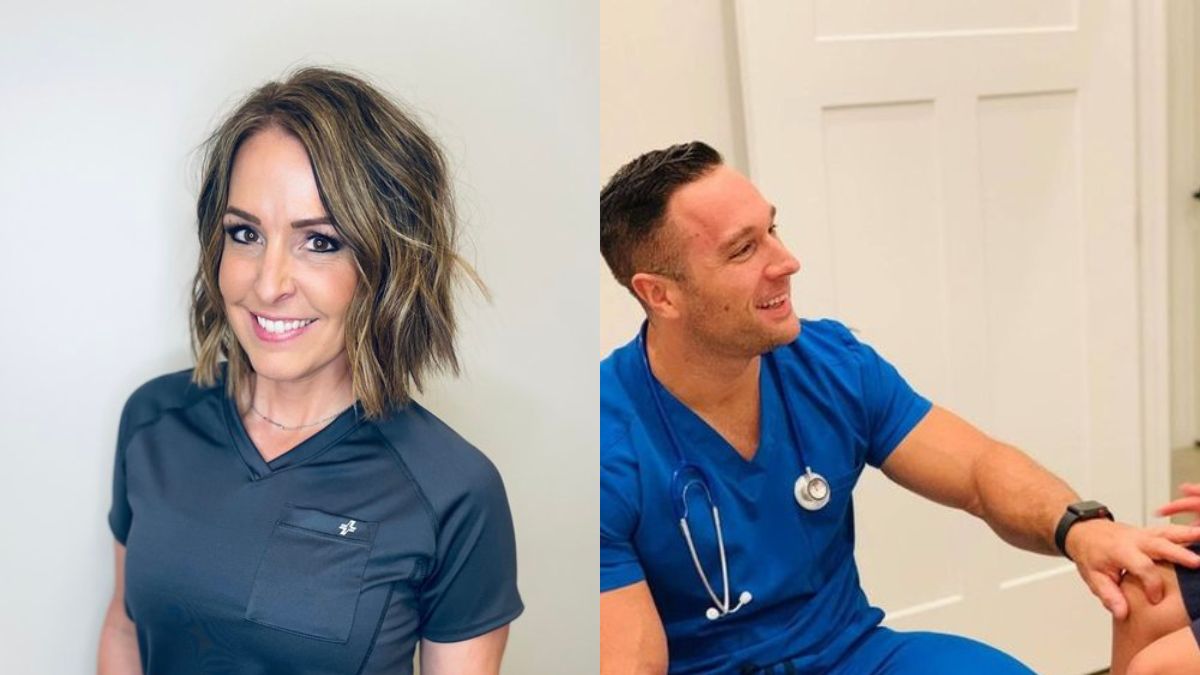OpEd: Co-Pay Accumulators Hurt Patients

![]()
OpEd: Co-Pay Accumulators Hurt Patients (Springfield, IL) — There are certain things in life we know to be true. The sky is blue. Gravity is real. Ice cream is delicious. And healthcare is expensive.
Or so we have been told for most of our lives. The truth, though, is healthcare does not have to be expensive.
As nurse practitioners, our practice is dedicated to providing premium healthcare at affordable prices. We cut out the insurance companies, the administrative costs and other expenses by providing direct patient care for a flat monthly fee most families can afford. Healthcare does not have to be expensive, and we prove that point every single day.
Practices like ours are not the only way patients can get quality care at affordable prices. There are options for patients to realize significant savings. One such option is in the area of prescription medication, particularly medication needed to address long-term, chronic illnesses Not-for-profits as well as drug manufacturers offer patients coupons, vouchers, and other co-pay assistance programs that dramatically reduces the cost of medication. These programs are especially valuable for patients who need prescriptions that do not yet have generic versions available.
Unfortunately, these options are at risk thanks to the predatory practices of insurers and Pharmacy Benefit Managers (PBMs) who have chosen to classify some of the most modern treatments for certain illnesses such as lupus, rheumatoid arthritis or cystic fibrosis or other chronic illnesses as “non-essential” even though they are lifesaving and even though there may not be any generic or alternative brand alternatives.
In addition, many patient insurance plans do not allow purchases with manufacturer coupons to count the full cost of their prescriptions towards their deductible.
What this means in practical terms is that if a patient, for example, has a $500 copay for a prescription, but is enrolled in a manufacturer assistance program covering all but $100 of the treatment, the entire $500 ($100 from the patient and $400 from the assistance program) would count toward the patient’s deductible and the maximum annual out-of-pocket cost.
However, many health insurance plans feature something called a co-pay accumulator. With these plans, only the $100 out of pocket cost would count towards the deductible and the maximum annual out of pocket costs. In other words, these insurance plans punish patients for taking advantage of savings programs.
The end result is a system that inevitably increases the cost of healthcare for the people who can least afford it. Instead of giving the patients the benefit of lower prescription drug prices, the PBMs are keeping those savings for themselves, and it is wrong.
Thankfully, Illinois has taken the bold step of ending co-pay accumulators in order to protect patients, but there is more that needs to be done. Now is time for Congress to take similar action. There is a measure, H.R. 5801, the Help Ensure Lower Patient (HELP) Copays Act being considered. The legislation has strong bipartisan support, but we need Congress to act now.
We ask that lawmakers not to wait to pass this vital fix to a loophole that rewards Pharmacy Benefit Managers at patients’ expense. We need to make sure that patients are getting the care they need and deserve at affordable prices.
OpEd: Co-Pay Accumulators Hurt Patients









Responses